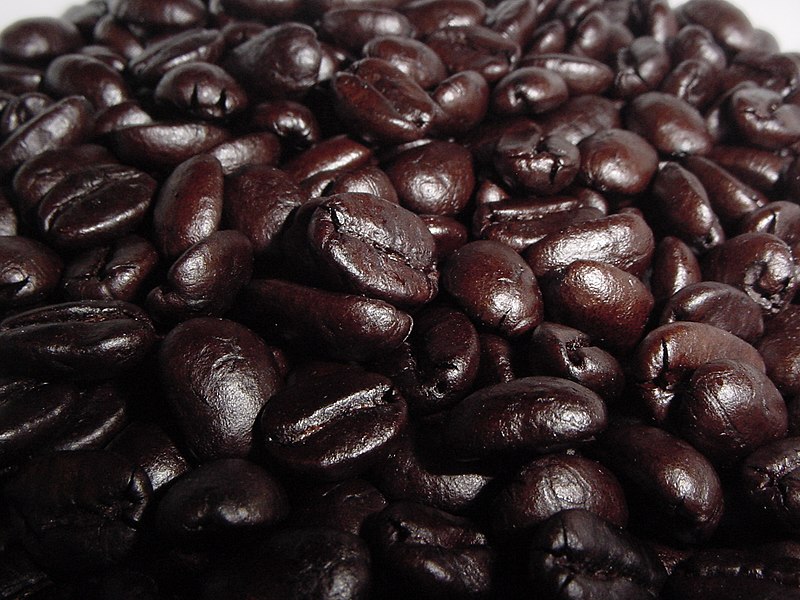The main distinction between caffeinated and decaffeinated coffee lies in their caffeine content. Caffeinated coffee contains nearly 100% caffeine, while decaffeinated coffee has very little caffeine. Both types of coffee offer a bitter taste and can provide an energy boost to a tired body. Coffee is rich in antioxidants, promoting cell regeneration and cleansing the body of toxins, as well as providing a jolt of anti-sleepiness energy.
Key Takeaways
- Caffeinated coffee contains almost 100% caffeine, increasing alertness, energy, and potentially causing negative effects such as insomnia, anxiety, and headaches.
- Decaffeinated coffee has very little caffeine, offering a milder energy boost and mood enhancement, making it suitable for those wanting to reduce their caffeine intake.
- The primary difference between caffeinated and decaffeinated coffee is their caffeine content, affecting their potential impact on sleep and energy levels.
What is Caffeinated Coffee?
Caffeinated coffee contains caffeine, which can impact mood similarly to nicotine or alcohol. It is extracted from coffee beans or sometimes tea leaves, and its consumption can lead to increased alertness and energy, as well as reduced fatigue. As a result, drinking coffee at night may negatively affect sleep quality. Caffeine can also have various other effects on the body, including increasing heart rate and blood pressure, and may have both positive and negative effects on overall health.
What is Decaffeinated Coffee?
Decaffeinated coffee contains very little caffeine and is made by removing the caffeine from coffee beans, which is a complex process. It typically involves using water and activated carbon to extract the caffeine before roasting the beans, although not all caffeine is removed. Some methods also use chemicals or solvents to remove the caffeine. Decaffeinated coffee does not provide the same level of energy boost as regular coffee but can still offer some mood enhancement and mild alertness increases. It is suitable for those looking to reduce their caffeine consumption for health or personal reasons.
What is the Difference Between Caffeinated and Decaffeinated Coffee?
The key difference between caffeinated and decaffeinated coffee is their caffeine content. Caffeinated coffee provides a more significant energy boost and mental stimulation, while decaffeinated coffee does not have the same effects due to its minimal caffeine content. Some people also report that decaffeinated coffee has a less robust taste compared to caffeinated coffee. As a result, coffee enthusiasts who want to sleep well may prefer decaffeinated coffee, allowing them to enjoy their favorite beverage without compromising their sleep.
Summary – Caffeinated vs Decaffeinated Coffee
The primary difference between caffeinated and decaffeinated coffee is their caffeine content, with decaffeinated coffee containing almost no caffeine. Both types of coffee are brewed in a similar manner, providing a comparable coffee experience. Consuming decaffeinated coffee allows individuals to enjoy the taste and aroma of coffee without sacrificing their sleep.
